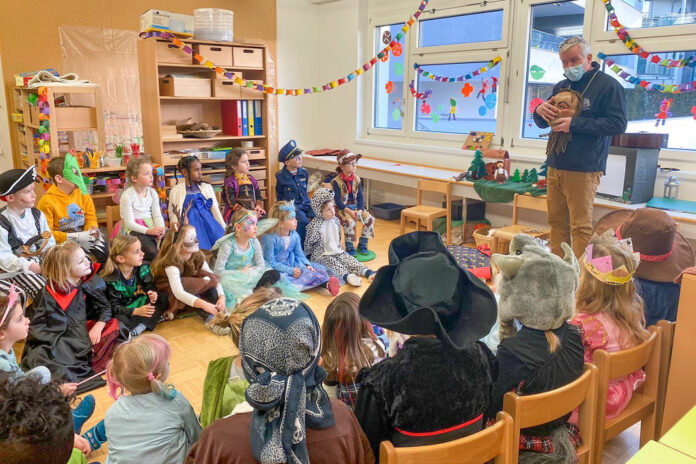It’s eight o’clock in the morning on August 16th, and the streets around our house are filled with little plugs with reflective triangles dangling around their necks. The flood of bright orange confirms me that it’s irretrievably here. Compulsory Swiss preschool has begun!
This article will be intentionally subjective. It will be a description of how it works here from the point of view of one of the many mothers. The non-Swiss one. We all expect something different from schooling, each of us comes from a different culture and customs, so it is very difficult to find a universal truth. For example, what seems completely automatic to Swiss mothers seems to us, the flood from abroad, to be a complete freak that leaves us speechless.
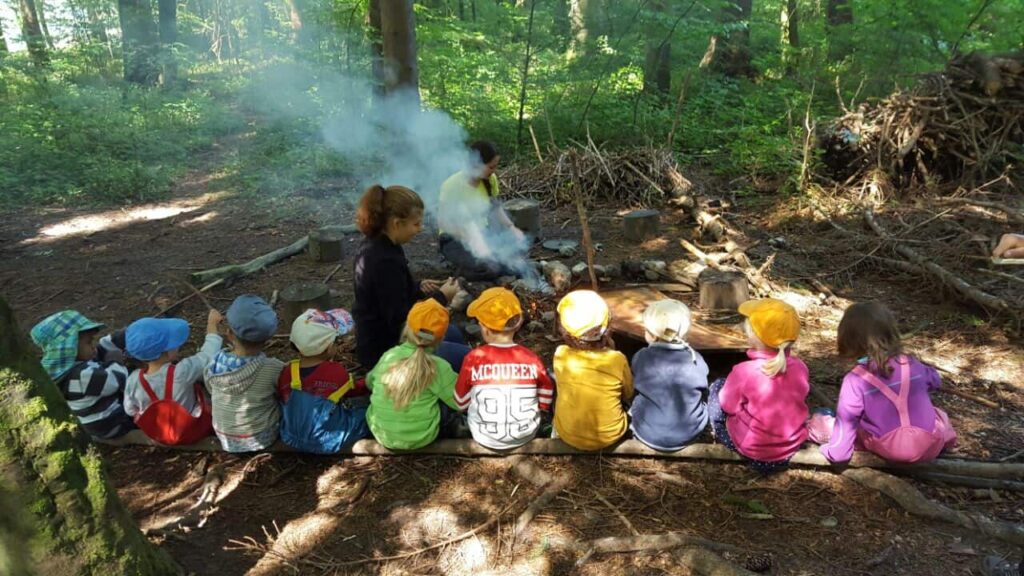
I deliberately left myself a little time for this article so that I wouldn’t write about my disappointment in the first week. I gave the teacher the opportunity to introduce herself to us in person at the first parents’ meeting and I also gave my child time to tell me how he perceives it. And I did well. The rules that are written here on paper sound different when you live by them and when you see what fruits you can reap for following them.
So, I’ve already written about the Swiss school system here, or rather about how difficult it is for every mom to combine work life with children’s, school. While before it was a mention on a theoretical level, today I am speaking to you from practice.
To understand, the weekly schedule of a five-year-old kindergarten child can look like this: Monday 8:15 – 11:30 and 13:30-15:00, Tuesday, Thursday and Friday 8:15 – 11:30, Wednesday off. All day. It is automatically assumed that the child will eat at home, if he has afternoon lessons, then he returns to the kindergarten. If parents are working and therefore not at home, they can arrange a so-called Mittagstich, lunch in a group of several children and then an after-school club, in which they look after the child before he starts afternoon classes or before picking him up late in the afternoon. All for an additional fee.
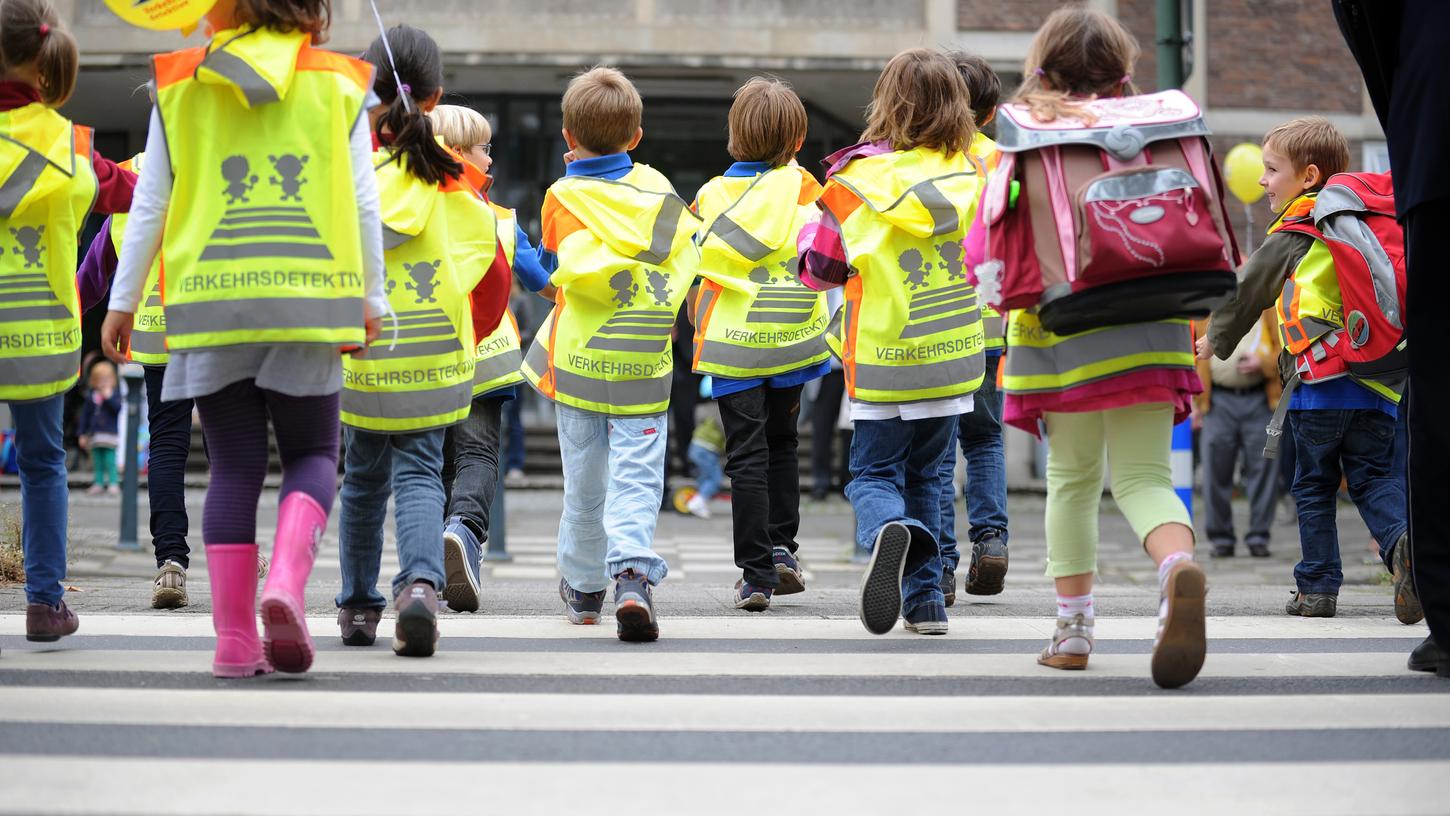
On the one hand, if you work, the school will take care of your child to a certain extent. But there are a few pretty significant BUTs. First of all, let’s remember what I have already mentioned to you – that five-year-olds, kindergarten children are expected to go to kindergarten and home from kindergarten on their own. Yes, you read that right. The kindergarten is assigned to everyone so that it is as close as possible to your home. But. Not every canteen has its own canteen, which means that children have to move to lunch. In our case, fortunately, only across the school campus, in other cases it is a distance of over one kilometer. And the school, with the exception of the policeman at the main city crossing, does not organize anyone to accompany these children.
Those parents who urgently need lunch for their child and live far from the canteen arrange private kindergartens or crèches (up to 5 years of age), which are nearby, or offer a service to transfer the child from place A to place B. In addition to this Swiss phenomenon of independent children, another surprising fact seems to be that the after-school club does not offer any organized program, so that the child enjoys freedom after the morning lesson – like an unimportant trifle.
And I’m hesitant about how to approach it myself. I am one of the mothers who say goodbye to their child a few meters earlier every day, in order to non-violently extend the distance to the kindergarten, which they have to walk all by themselves, and then I hide in a crowd of those caring ones who really want to make sure that the child greets the teacher in front of the door. I’m a mother who prides herself when her child comes to lunch alone (but just to be sure, I check it from the window of our apartment, from which I can fortunately see into the dining room).
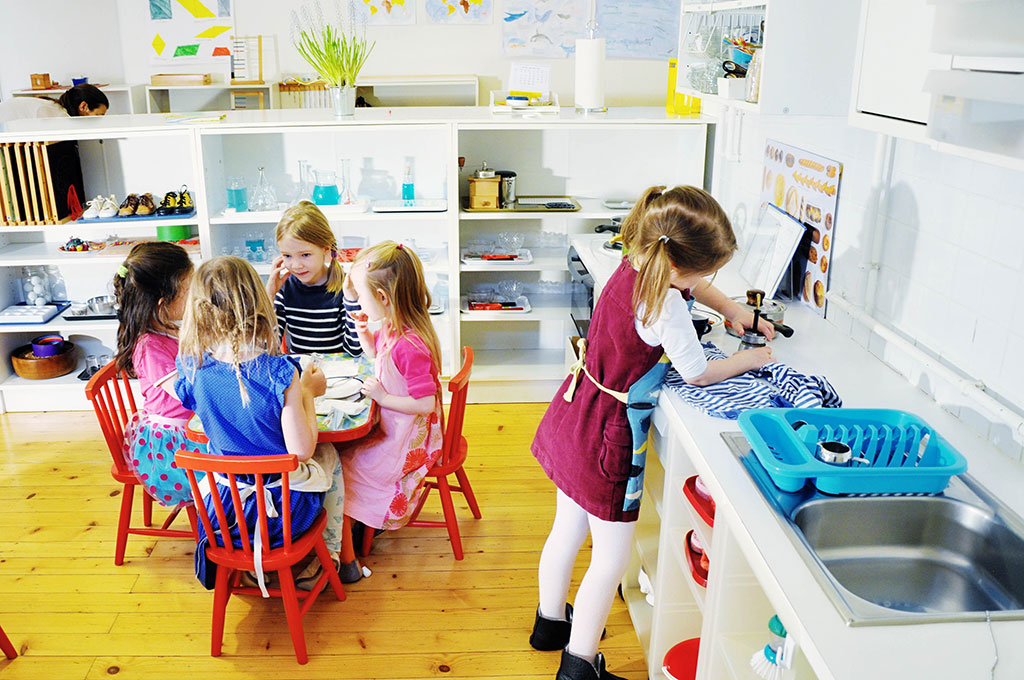
On the other hand, I hesitate whether the Swiss should not recognize this hunt for the responsibility of each of the children as a good idea after all. In the overall context of a child’s life, it makes a lot of sense. As I understand it so far, the most important thing that the school attendance of such young children aims at is their development towards independence (there is no way for children to be dressed or wiped in the toilet Young first-graders receive a tutor from older grades to whom they can confide any problem. Older children are encouraged to grab the hand of a younger child, who may be groping somewhere on his own, and lead him to the right place). Children are also encouraged to express their opinion and communicate whatever is on their minds. And it must be added that this independent movement on the street is preceded by training with a policeman who takes them to the busiest street in the city and there, one by one, teaches them to cross it. At the age of five.
As I say, today it’s entirely about my subjective view of a woman who lives in a fairly small town where she already knows a lot of people and which her children have crisscrossed. The reality in larger cities will certainly be different, but according to the number of children who move back and forth in Switzerland on their own, I dare say that it is a system that simply works.
In addition to this main feature of the local education, the attendance includes physical education once a week, for which the child learns to change on his own, walks in the woods in any weather, additional German lessons for expat children so that they fully reach the level of native speakers when they enter the first grade. The kindergarten also organizes lectures on brushing teeth and healthy eating, which must also be followed by parents preparing lunch boxes. And whether a child needs one or two years of kindergarten before the first grade depends on a psychological assessment, on the basis of which they can let him repeat the first year. Yes, repeat!!
Repeating the year, a repetition that is perceived in the Czech Republic as something that concerns the biggest losers, is the order of the day in Switzerland. The child can easily repeat the first year of kindergarten. That is if it is not recognized as mentally mature enough. And while my blood freezes at the thought that my son would have to repeat kindergarten, here it is perceived completely differently. At rest. By giving him time to mature. On the other hand, it depends on each school. From my surroundings, I also collect stories about social assistants who do not take their eyes off selected individuals for days on end, and speech therapists who do not examine speech impediments so much as the level of expression, which is especially stressful for parents of multilingual children.
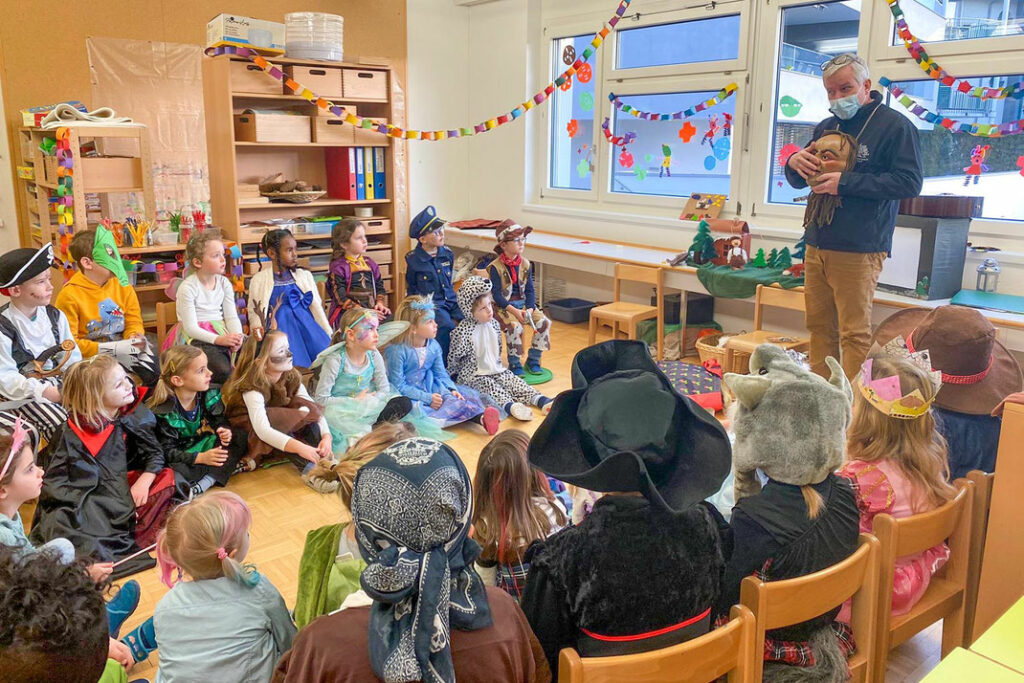
My son brought me a picture in the first week of attendance, on which he himself wrote his name for the first time. When we clean up the toys, he invites me to collaborate so that the work is done sooner, and every day he boldly, of his own accord, suggests that he will go to kindergarten alone tomorrow. And I’m mentally preparing myself for the day that he’ll be really serious about it soon.
Thanks for reading,
Clara ALL SCHOOL(K)OU COMPULSORY, OR HOW I UNCOVER THE RULES OF THE SWISS SCHOOL SYSTEM (mypastastory.com)



